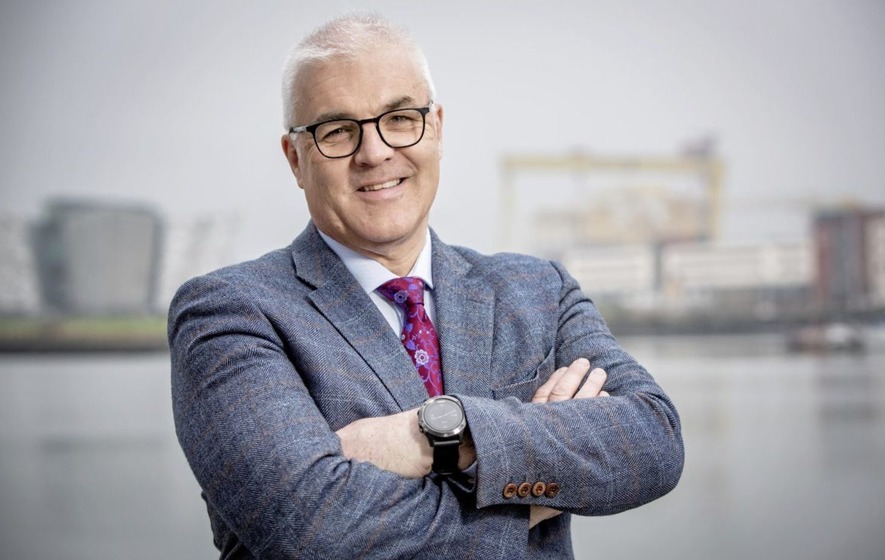Accounts published this month by the Northern Ireland-headquartered livestock nutrition group Devenish for the year ended May 31, 2020 reveal a dramatic setback after years of meteoric growth. Not only did revenue decrease for the first time since 2013, the group also recorded an operating loss of £1.7 million and increasing debt costs left it with a pre-tax loss of £5.8 million. Both in absolute figures and in margin terms, the 2020 financial year was the worst of the past decade for Devenish – and unlike its last loss-making year in 2015, there wasn’t a once-off research and development tax…
Cancel at any time. Are you already a member? Log in here.
Want to read the full story?
Unlock this article – and everything else on The Currency – with an annual membership and receive a free Samsonite Upscape suitcase, retailing at €235, delivered to your door.

